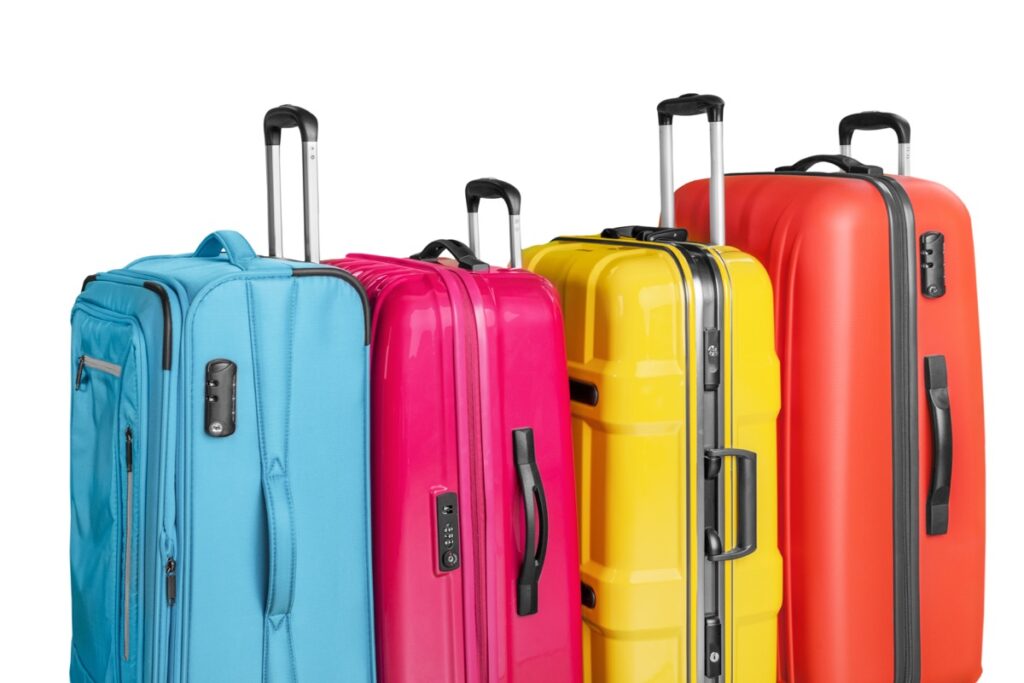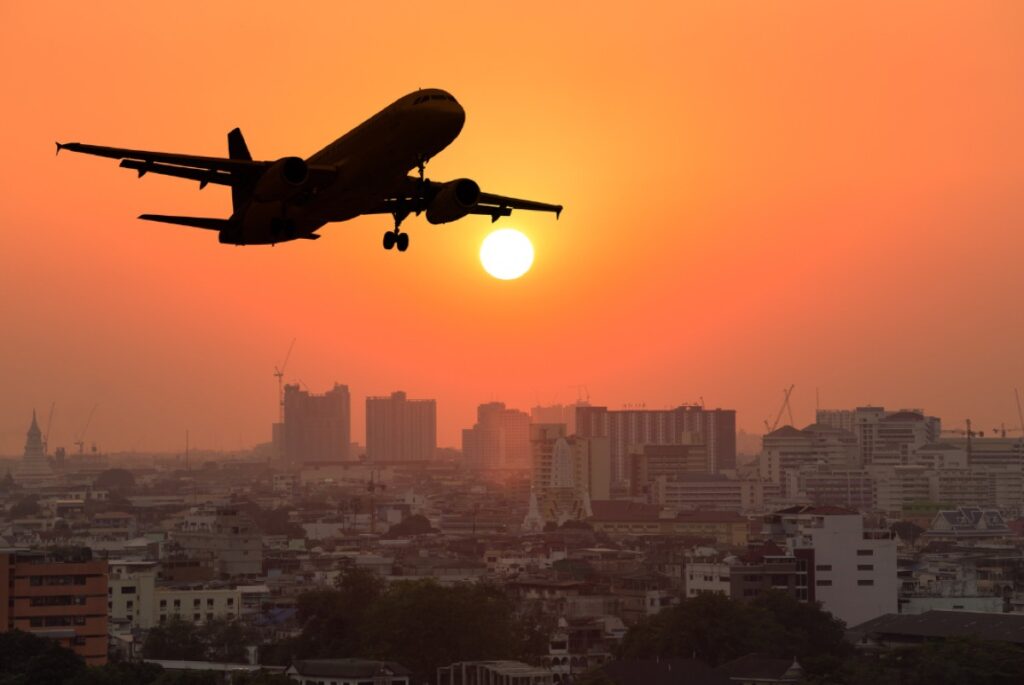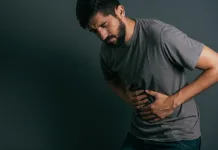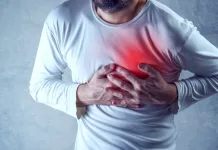
Produced in Partnership with the NHS
Our health is important when we’re away from home
We shouldn’t leave our health at the departure gate when we’re on holiday. Whether we’re travelling for work, going on a religious pilgrimage or spending time with our friends and family – we all want to stay safe and healthy when we travel abroad.
Karim Mitha, a Public Health Specialty Registrar in London advises: “We all need to check relevant travel health advice before going away. This includes being up-to-date with travel vaccines and planning for the unexpected during our trip.” He tells us about things we should consider when we’re going abroad.

Before your trip

Along with arranging how you’ll get there, where you’ll stay and what you’ll do, you also need to prepare in advance for a healthy trip.
- Reschedule medical appointments you may miss: Allow a few days between your return and any rearranged appointments, in case of unexpected return delays.
- Have enough medication for your time away: Speak with your GP practice or pharmacy in advance about any health conditions you may need to manage whilst you’re away. This includes timing of medication and how much you need to cover your trip.
- Get any vaccinations you need: Check which vaccinations you need with the embassy of the country you’re visiting, as well as checking the UK government’s foreign travel advice. You need some vaccines at least 8 weeks before you travel, to allow enough time for your body to develop effective immunity. Some countries may require visitors to show proof of vaccination against diseases like yellow fever or polio.
In the UK and globally, COVID-19 continues to pose a threat to people’s health, so check if the country you’re travelling to requires proof you’ve been vaccinated against COVID-19. You can download proof of your vaccination from the NHS COVID Pass. COVID-19 vaccinations have saved countless lives, and everyone aged 5 and over on 31 August 2022 has until 30 June 2023 to get their first and second COVID-19 vaccinations if they still need them.
If you are at greatest risk of severe illness from the virus because you are aged 75 or over, are resident of a care home for older adults, or have a weakened immune system, you can get a further COVID-19 vaccination during spring. The NHS will contact those who can get their spring vaccination from April. Visit nhs.uk/COVIDvaccine, scan the QR code below, or call 119 for free.
- Book your travel insurance: The UK government advises we should have comprehensive travel insurance to ensure adequate financial and medical support if anything unexpected happens whilst abroad. If you’re travelling to an EU country or Switzerland (as a UK, EU, or Swiss national), you can also apply for a free UK GHIC card which gives access to state-provided healthcare for medical attention that cannot wait until your return to the UK.
- Check entry requirements and health advice: You can check with the embassy of the country you are travelling to, as well as the following websites: www.travelhealthpro.org.uk, www.gov.uk/foreign-travel-advice and www.fitfortravel.nhs.uk
Taking medication abroad
- Check if the country to which you’re going restricts or prohibits the type or quantity of medication you can take. Some medicines can be bought over the counter in the UK, but may be controlled in other countries and vice versa. Some countries like Pakistan, India, UAE and Turkey do not allow some medicines into the country. You can find more information from their foreign embassy in the UK, as well as the websites mentioned above.
- Keep a copy of your prescription and a letter from your GP to show the generic medicine name and the health condition it covers. Travel staff may ask to see this and it will also be helpful if you need medical support during your trip.
- Carry medicines and medical equipment (including needles and syringes) in their original, correctly labelled packages. This applies to prescribed as well as over the counter medication.
Keep medicine in your hand luggage along with a copy of your prescription. Rules may differ by airline so check the policy on carrying medicines (particularly liquids) before you travel. Try to pack extra medicine in your checked baggage in case your hand luggage gets lost. - Check the expiry date on medicines to make sure they are valid for your entire trip.
- Some medicines need to be stored at specific temperature like room temperature or in a fridge. Your pharmacist can advise you on how best to store and transport your medication.
Top tips when travelling

Wearing medical alert jewellery to show hidden conditions like diabetes or allergies is useful, in case something unexpected happens whilst you’re away.
It’s also helpful to carry a travel first aid kit for minor cuts, grazes, sprains and burns. It’s a good idea to keep medicine for pain relief, sickness, diarrhoea and allergies, in case you need them whilst you’re away, but remember to check that the country you’re visiting doesn’t restrict or prohibit the type or quantity of those medications.
Insect bites can infect you with diseases like malaria, yellow fever and dengue fever, so preventing yourself from being bitten is the best protection. Where possible, use insect repellent, cover up your arms and legs (especially during the evening), and use mosquito nets whilst sleeping. You can find more advice (with translations) on www.gov.uk.
People of all skin tones can get skin cancer from the sun’s harmful effects. Even if we have naturally darker skin, we should protect ourselves by wearing suitable clothing and sunglasses and using at least factor 30 sunscreen. Don’t forget to take extra care of children who are in the sun too.
As we’re exposed to more contagious diseases whilst travelling, it’s important to wash our hands regularly and encourage our children to – especially after using the bathroom, after journeys and before preparing or eating food.
If you’re travelling to visit friends and relatives abroad, you can find useful health information (with translations on www.gov.uk).
Performing Hajj or Umrah

If you’re travelling to Saudi Arabia this year, you should check the latest health requirements and vaccinations in advance. Hajj season 1444H/2023 begins on 26 June 2023 and the Ministry of Health of Saudi Arabia will soon be issuing their annual requirements and recommendations.
Pilgrims attending Hajj last year were required to show a valid certificate of vaccination against the ACWY strains of bacterial meningitis, as well as proof of COVID-19 vaccinations. Requirements can change each year, so it is advisable to check the latest guidance.
Contagious diseases can spread quickly in mass gatherings including Hajj and Umrah, so you should also check you’re up to date with routine vaccinations given in the UK, including diphtheria, tetanus and polio, as well as MMR (measles, mumps and rubella) vaccines. Some children may have missed routine vaccinations during the pandemic, but you can check your child’s health record in their red book or with your GP practice if you’re unsure.
You can still book your first or second COVID-19 vaccinations by 30 June 2023. Please visit nhs.uk/COVIDvaccine, scan the QR code below, or call 119 for free.
















